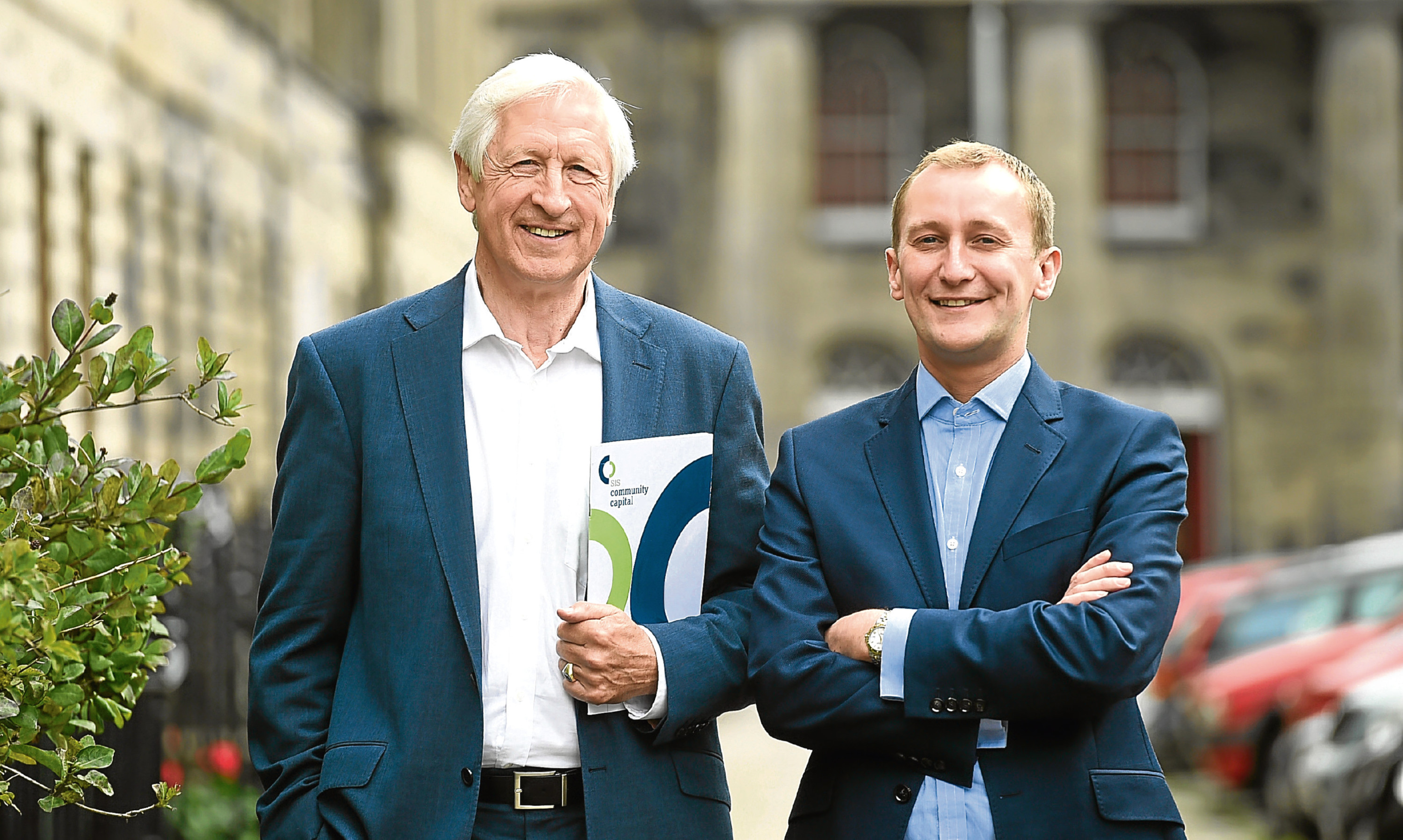A leading Scottish responsible finance provider has delivered strong full year growth.
Social Investment Scotland (SIS) saw total unrestricted income including lending operations, management fees, transfers and grants rise to £1.32 million in financial year 2015/16.
The return represents a 13% increase on the £1.17m of the previous year, with SIS saying the improvement was underpinned by continued loan book growth and additional management fees generated from an extended partnership with supermarket giant Asda.
This tie-up has seen the expansion of Asda Community Capital, a fund set up by SIS to utilise the charitable funds raised following the introduction of the 5p charge for single use carrier bags.
Using 100% of proceeds, the funds support a small loans programme and the running of the new Asda Social Enterprise Supplier Development Academy, providing opportunities for social enterprises, in Scotland and Wales, to reach the supermarket shelves.
Over the course of the year, SIS invested over £4.3 million in more than 50 organisations throughout Scotland.
SIS CEO Alastair Davis said: “Despite another year of economic volatility, we have seen both a sustained demand for social investment and a growth in supply of investment capital from a range of sources.
“The variation of available funding is enabling SIS to provide customers with a greater range of financial solutions better suited to their requirements which, in turn, is helping them to deliver greater social impacts within their local communities.
“With our help, more social enterprises and communities businesses across Scotland are thinking about taking on investment as a means of growth and achieving long-term sustainability.”
Loans made include £328,000 from Asda Community Capital, £1.8m from SIS Community Finance in 24 projects, £0.9m from the Social Growth Fund in three projects and a further £1.6m from other third party funds managed by SIS.
Chairman Nick Kuenssberg – who is also chairs Tayport-based technical textiles group Scott & Fyfe – said SIS’s success had sparked a more ambitious growth strategy through to 2020.
He said: “At its heart is an ambition to extend the remit of SIS to include hybrid models of social enterprise incorporating both financial and social objectives, stimulating the creation and growth of social enterprise and working with and supporting young social entrepreneurs.”
